The Implementation Research Incubator Looks Back on 2018 and Ahead to 2019
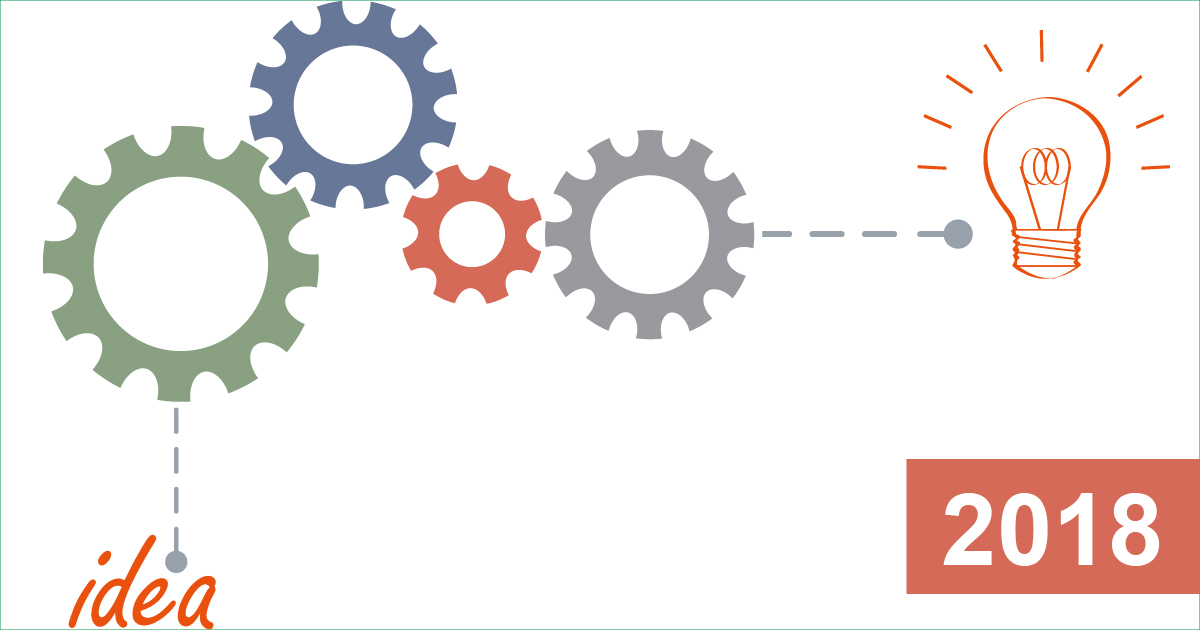
The past year was another active one for implementation research at MDRC. In this post, we highlight some of our activities and preview what’s in store for 2019. We also want to start the new year with a “thank you” to Jennie Kaufman, our MDRC colleague who edits all the Incubator posts. Jennie sharpens our writing and our ideas, and she’s fun to work with.
In the Incubator in 2018, we discussed matters ranging from the nuts and bolts of implementation research to its contributions to program development and expansion. We presented about the Incubator at the Association for Public Policy Analysis and Management (APPAM) fall research conference and also organized an APPAM roundtable with colleagues from other organizations on implementation research in large-scale, multisite studies. Meanwhile, our colleagues over on Reflections on Methodology and the Evidence First podcast series also covered topics of interest to implementation research: for example, the development of measures of implementation fidelity and the challenges of implementing a career and technical education program in Colorado and youth employment programs in Puerto Rico.
PUBLICATIONS
In 2018, implementation research was featured in or informed findings in more than 40 project reports and other publications:
Methods and frameworks
-
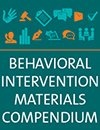 Can Evidence-Based Policy Ameliorate the Nation’s Social Problems?
Can Evidence-Based Policy Ameliorate the Nation’s Social Problems? -
Measuring Treatment Contrast in Randomized Controlled Trials
-
How the MDRC Center for Data Insights Is Improving Programs and Systems with Actionable Evidence
Work and income security
-
Tribal Solutions: Subsidized Employment Programs Serving American Indians and Alaska Natives
-
Behavioral Insights for Work Support: Lessons from the BIAS Project
-
Using Behavioral Insights to Increase Participation in Social Services Programs: A Case Study
College enrollment and student support
-
Supporting Latino College Achievement: Insights from the LATIDO Roundtable
-
Redesigning Advising with the Help of Technology: Early Experiences of Three Institutions
-
Making Summer Pay Off: Using Behavioral Science to Encourage Postsecondary Summer Enrollment
-
Doubling Graduation Rates in a New State: Two-Year Findings from the ASAP Ohio Demonstration
College course placement and development education
-
 Early Findings from a National Survey of Developmental Education Practices
Early Findings from a National Survey of Developmental Education Practices -
Toward Better College Course Placement: A Guide to Launching a Multiple Measures Assessment System
-
Multiple Measures Placement Using Data Analytics: An Implementation and Early Impacts Report
-
Becoming College-Ready: Early Findings from a CUNY Start Evaluation
Young adults and teens
-
Lessons from the Implementation of Learn and Earn to Achieve Potential (LEAP)
-
Helping Young People Move Up: Findings from Three New Studies of Youth Employment Programs
-
Laying a Foundation: Four-Year Results from the National YouthBuild Evaluation
-
Forging a Path: Final Impacts and Costs of New York City’s Young Adult Internship Program
-
Making Their Way: Summary Report on the Youth Villages Transitional Living Evaluation
Elementary and high school
-
 Student Writing, Teacher Feedback, and Working Online: Launching the Drive to Write Program
Student Writing, Teacher Feedback, and Working Online: Launching the Drive to Write Program -
An Innovative Approach to Preparing Students for College and Careers: YouthForce NOLA
Prekindergarten through early grades
Families and children
-
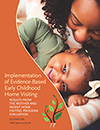 Behavioral Insights for Child Care: Lessons from the BIAS Project
Behavioral Insights for Child Care: Lessons from the BIAS Project -
Dates and Deadlines: Behavioral Strategies to Increase Engagement in Child Support
Community initiatives
Criminal justice
LOOKING FORWARD
We’re excited about upcoming Incubator posts planned for 2019:
-
Insights from the implementation research from the 88-site Mother and Infant Home Visiting Program Evaluation (MIHOPE)
-
Guidance for assessing the rigor of qualitative research
-
Logic models, theories of change, and implementation research
-
Implementation research in multisite studies (reflections from an APPAM 2018 session)
-
Improvement science, implementation science, and implementation research in evidence-building cycles
. . . and more!







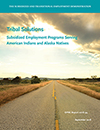 New Perspectives on Creating Jobs: Final Impacts of the Next Generation of Subsidized Employment Programs
New Perspectives on Creating Jobs: Final Impacts of the Next Generation of Subsidized Employment Programs
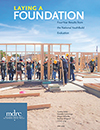 Commitment to Building Evidence: The Experience of a New Program for Young People Involved in the Juvenile Justice System
Commitment to Building Evidence: The Experience of a New Program for Young People Involved in the Juvenile Justice System